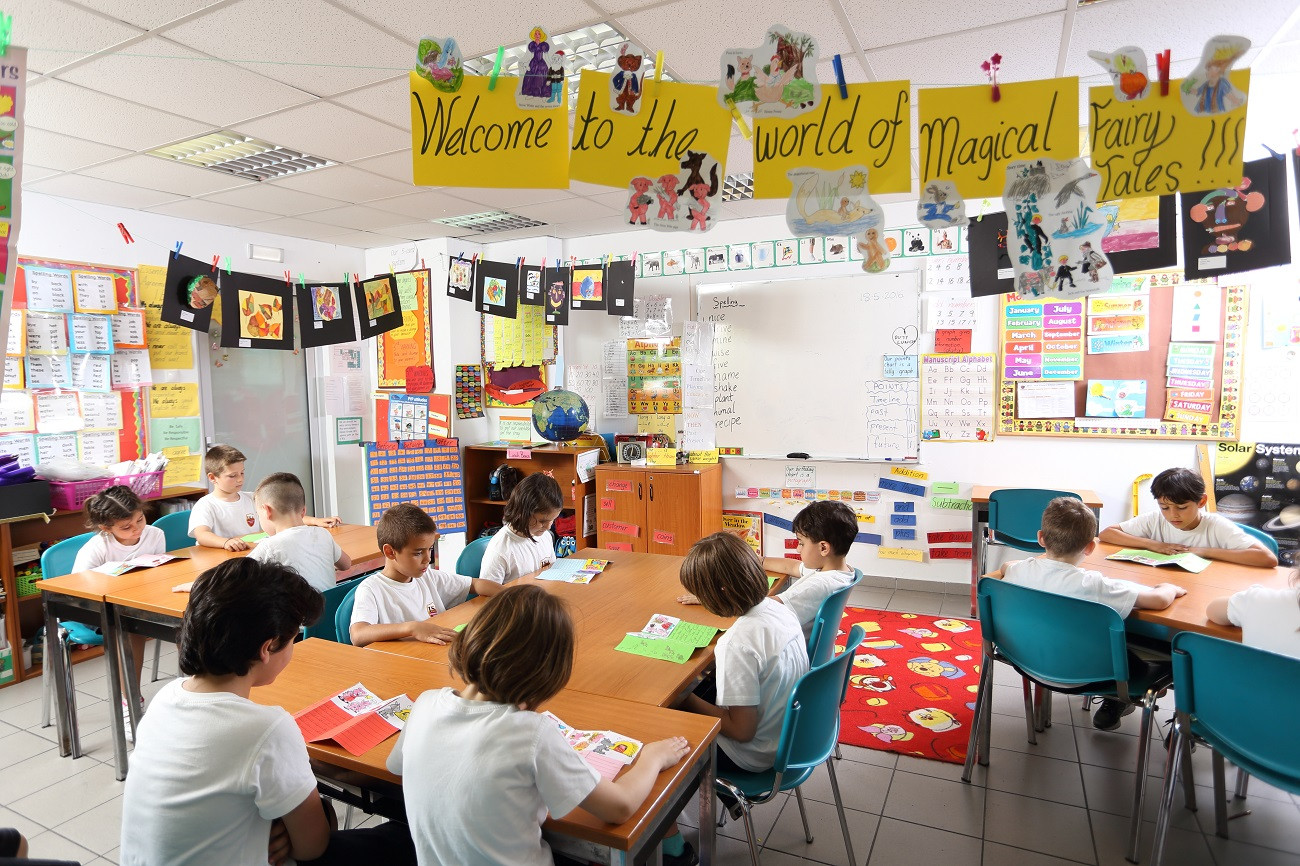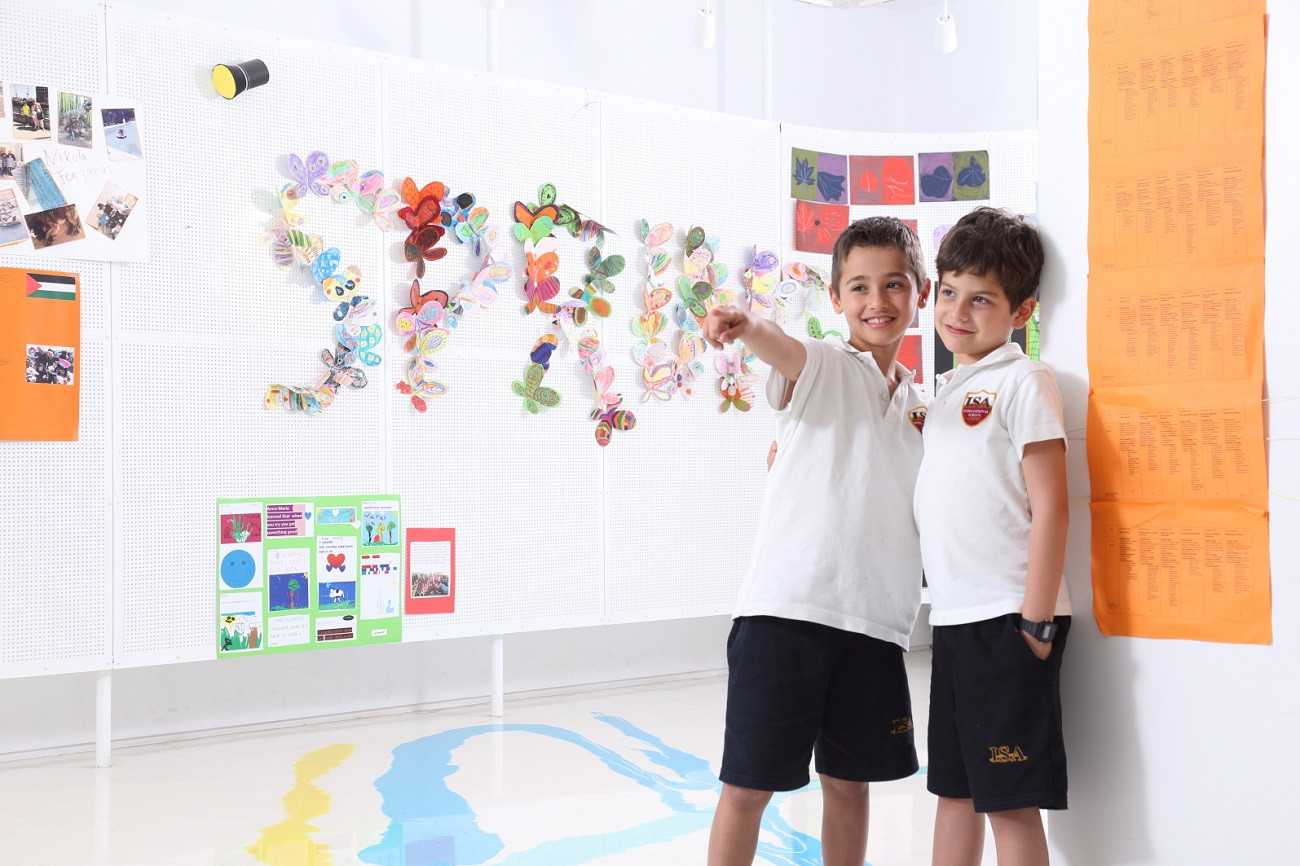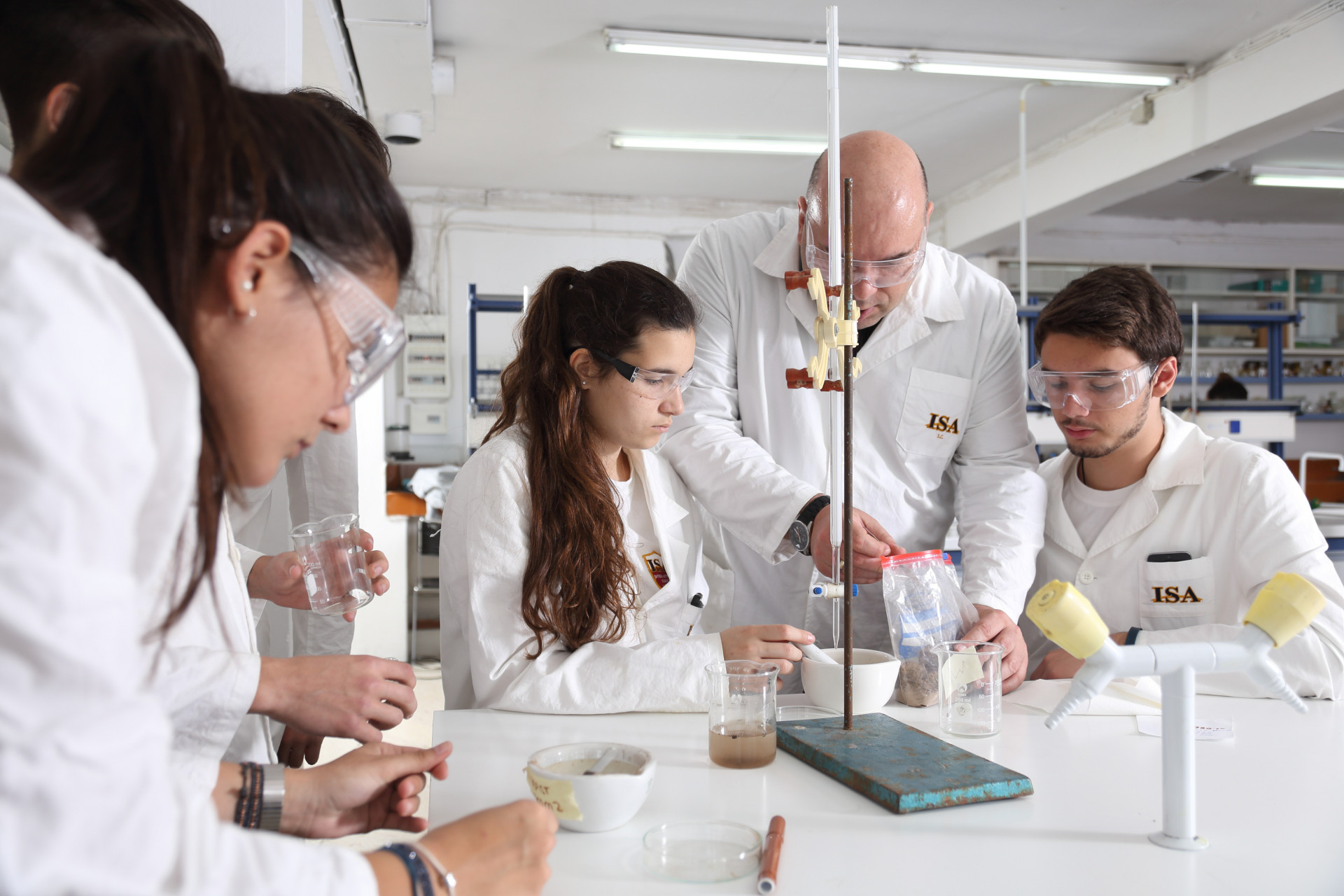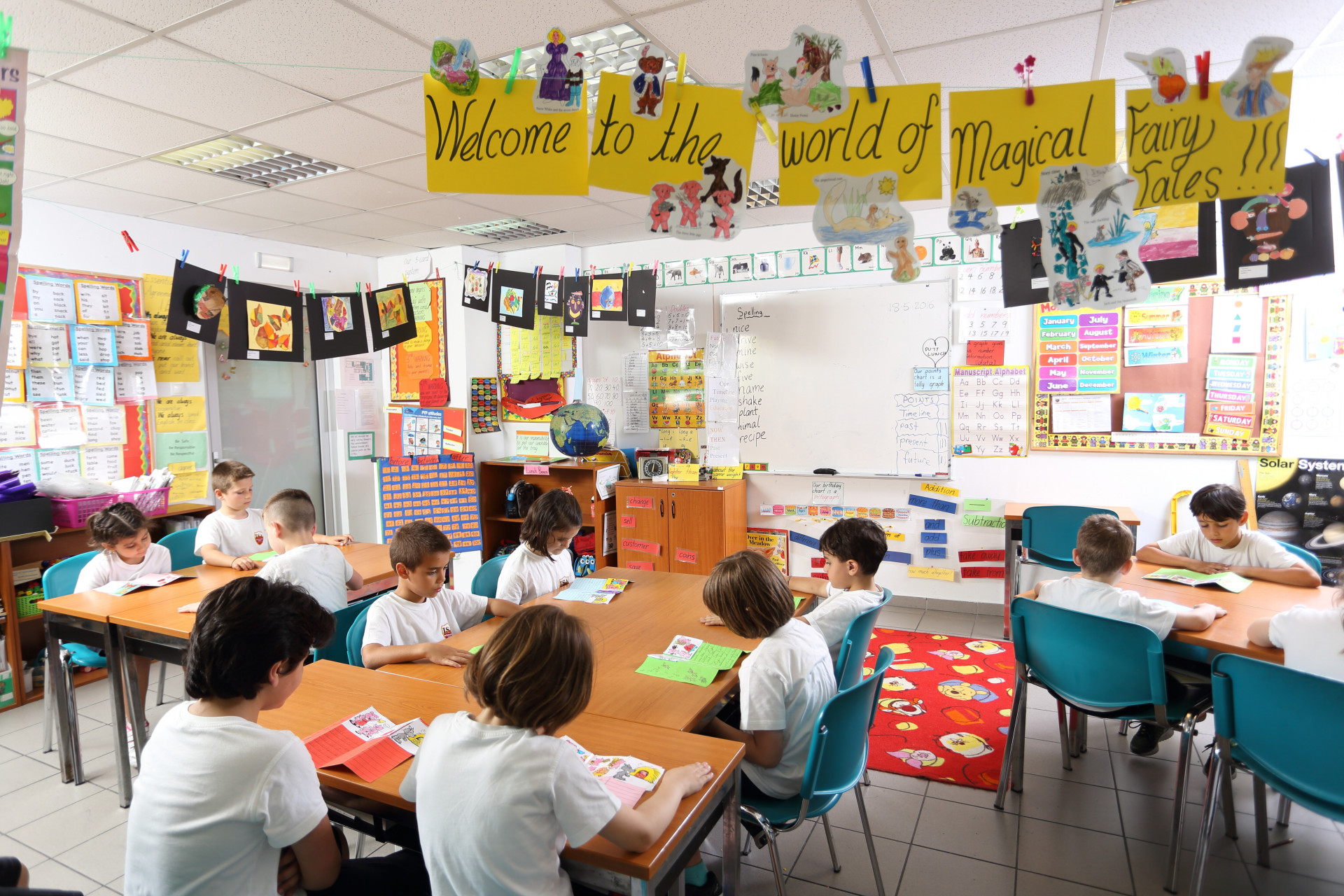The International School of Athens envisions a vibrant learning community where students grow as compassionate, curious, and resilient individuals, inspired by a love of learning and guided by respect for human relationships and cultural diversity. Through the IB curriculum, we strive to nurture internationally minded thinkers who embrace their shared humanity, pursue personal excellence, and contribute responsibly to a more peaceful and connected world.
ISA Philosophy
At ISA, we believe that true education is about connection – linking knowledge to experience, academic studies to global challenges, and individuals to one another. We nurture curious thinkers, compassionate leaders, and international citizens who understand that learning has greater meaning when placed in a wider context.
With families from all over the world, our school is a warm, close-knit community where cultures connect and everyone is welcomed by name.
As the only IB continuum school in Athens, taught in English, with many years of experience, we offer a forward-thinking and innovative curriculum, that encourages both academic achievement and personal growth. We are proud of our excellent IB results, above the global average.
A variety of co-curricular activities, trips and interdisciplinary opportunities help students to cultivate an inquisitive mindset and develop their personal interests. Throughout the school, emphasis is placed on the core subjects – English, Mathematics, Individuals & Societies, the Sciences, and Greek. From Grade 1, World Languages such as French, Spanish and German are introduced to our students.
Courses such as Art, Drama, Music, and Physical and Health Education enhance the academic curriculum and provide a well-rounded educational experience for students. Comprehensive instruction in Language Acquisition is available for students whose English language skills need support.
Part of the Dukes Education family, we offer our students global opportunities, university prep and career support. Education at ISA means going beyond simple academic achievement. It’s about spirit, community, and the courage to change the world!
ISA Values
- We are international minded
- We are globally connected
- We respect diversity
- We develop skills for life and learning
- We commit to holistic growth
- We thrive academically







